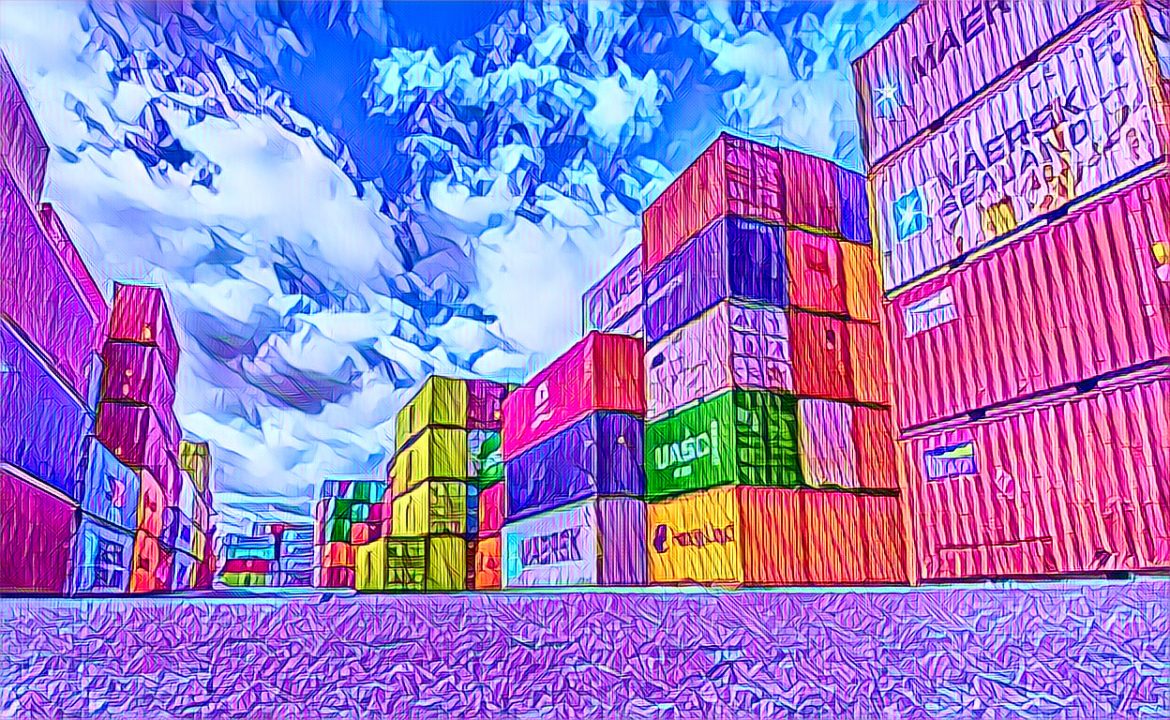In Nigeria, it’s becoming increasingly common to import damaged vehicles, mainly due to high import duties and economic difficulties. Investigations have revealed that many Nigerian auto dealers classify cars with minor dents as salvage vehicles to take advantage of duty rebates ranging from 40 to 60 percent. This strategy allows them to circumvent high duties and significantly impacts the revenue stream of the country’s ports.
This alarming trend is primarily a survival tactic in response to the retail sector’s stagnation, which undermines the national efforts to enhance the fiscal profiles of its ports. Dealers have turned to importing severely damaged vehicles as a viable business strategy after other options have dwindled. They manipulate classifications to exploit lower valuation benefits for substantial profits amid harsh business conditions.
The increasing number of “salvage” vehicles being imported into Nigeria is a reflection of the country’s economic distress. Roughly 80% of imported vehicles fall under this category. This trend is attributed to rising inflation and currency depreciation, which have made it difficult for consumers to afford imported used vehicles. As a result, people are either retaining older vehicles or opting for Nigerian-used alternatives. According to the National Ports Consultative Council’s Port Performance Report from the previous year, the importation of used vehicles has declined significantly by 32%, from 194,550 units to 132,296 units.
To evade the standard customs duty of 20% plus a 15% National Automated Council (NAC) levy, totaling 35%, importers tend to declare most cars as salvaged. The Nigeria Customs Service (NCS) requires that a vehicle must exhibit significant chassis damage or airbag deployment, verified by a salvage certificate from the shipping company, to qualify as an accident vehicle. However, this standard has been compromised as dealers and importers exploit loopholes to misclassify vehicles, thus evading the full duty.
The economic impact of clearing a vehicle in Nigeria is significant due to high customs import shipping costs, terminal charges, and other port-related fees. This has led importers to misclassify vehicles with minor damage as salvage to benefit from the duty rebate, which results in a considerable reduction in clearing costs. The Comptroller General of the NCS, Bashir Adewale Adeniyi, has expressed concern about this practice, as the majority of vehicles at the bustling Ladipo spare parts market in Lagos are tagged as salvaged, with many awaiting repair by roadside mechanics. The market has become a hub for the supply of second-hand auto parts across Africa, which contributes to a thriving, but potentially hazardous vehicle repair industry.
The number of imported accident vehicles has increased due to economic difficulties and the high cost of clearing new vehicles, making it financially unfeasible for most consumers to own a clean, undamaged car. Import duties, coupled with fluctuating exchange rates, have driven Nigerian importers towards these damaged vehicles, which, despite being cheaper upfront, often result in increased costs over time due to continuous repairs and maintenance.
A report by PwC revealed that 63 percent of Nigerian households require financial assistance to afford a car, but such assistance is largely inaccessible. Nigeria ranks third globally in the importation of used vehicles from the U.S., with a significant portion of these imports being severely damaged vehicles initially meant for dismantling for parts.
The safety of repaired vehicles is a contentious issue. While some repairs may restore functionality, the structural integrity and safety of these vehicles often remain compromised. As a result, they pose risks not only to the occupants but also to the broader public in terms of road safety.
This situation highlights a critical gap in regulatory oversight. Currently, there are no specific regulations addressing the importation of damaged vehicles, which means these cars can be driven without stringent checks on their roadworthiness or safety. This regulatory vacuum contributes to road safety issues and undermines efforts to establish a reliable and safe transportation network in Nigeria.
As Nigeria continues to face these challenges, the need for better enforcement of import standards and improvements in local vehicle production becomes increasingly urgent. The National Automotive Design and Development Council (NADDC) has yet to effectively implement strategies that would curb the importation of substandard vehicles and promote local manufacturing. As a result, the market is flooded with potentially hazardous cars.
This situation calls for comprehensive policy reform to enhance road safety and encourage growth within Nigeria’s automotive industry. Such reforms are crucial to ensure that the vehicles on Nigeria’s roads are safe, reliable, and contribute to the socio-economic growth of the country in line with global best practices.
Source: The Guardian


